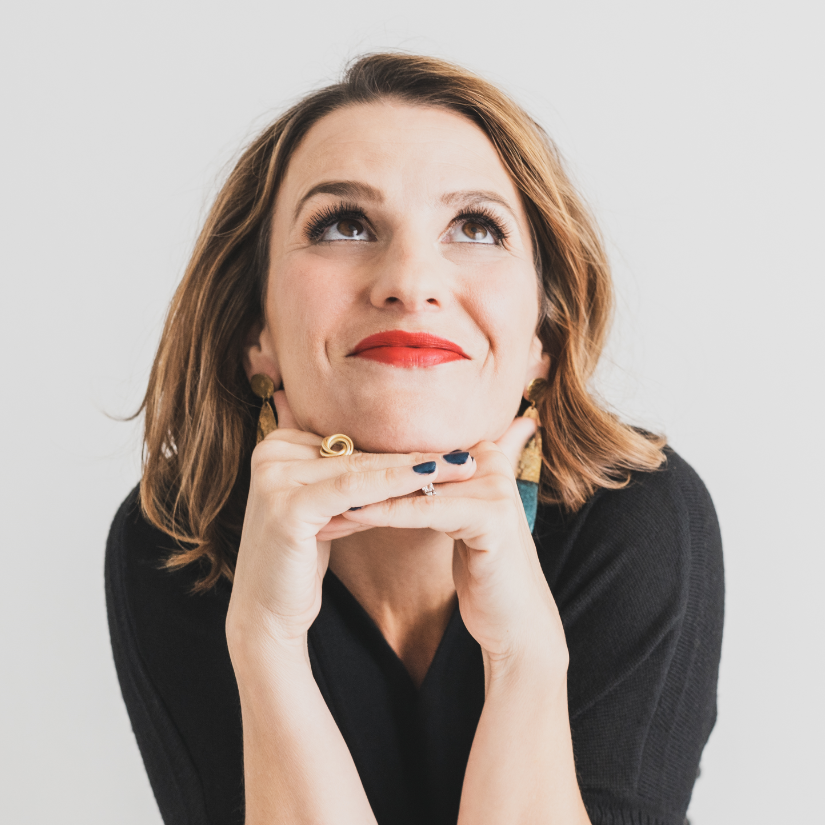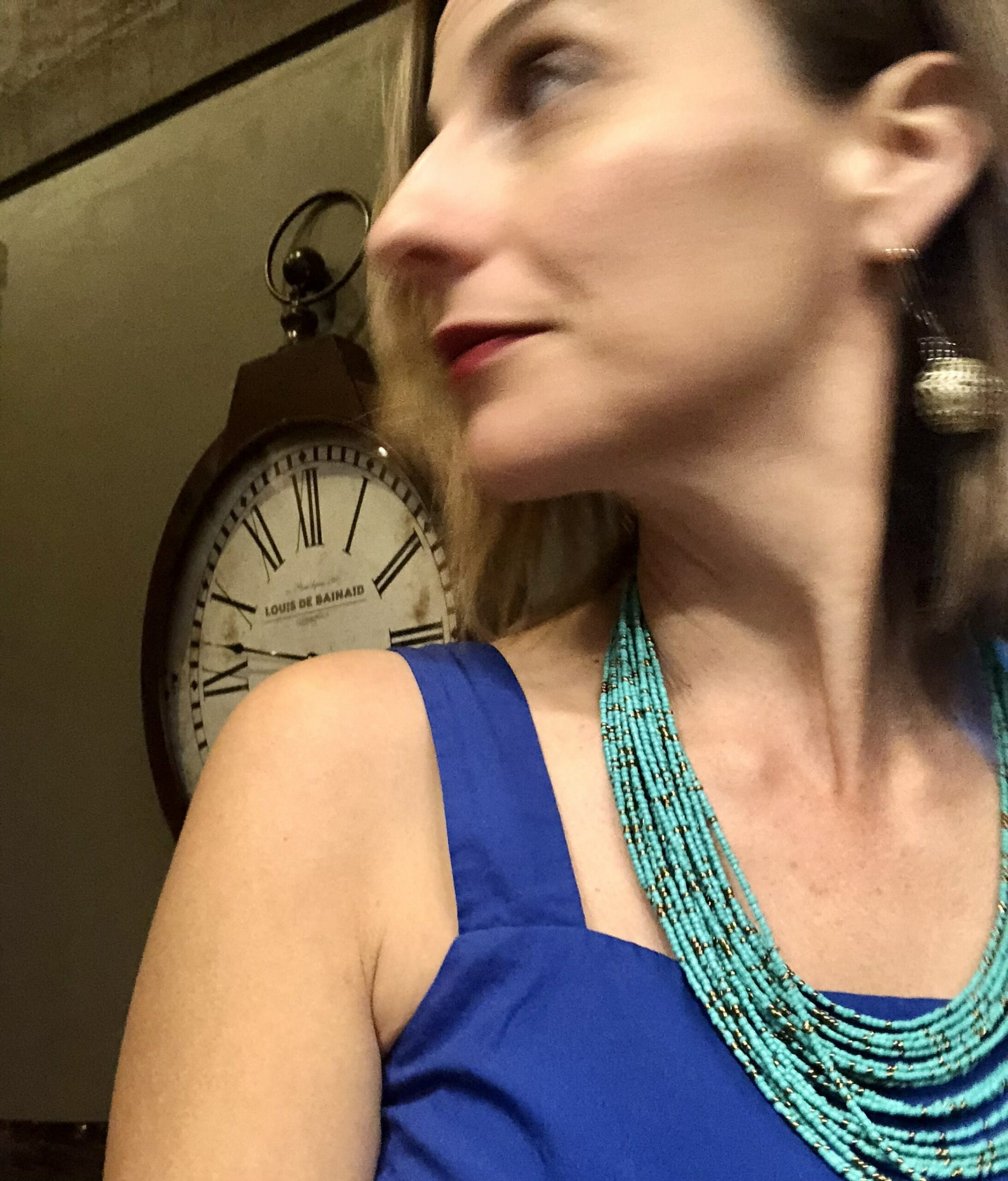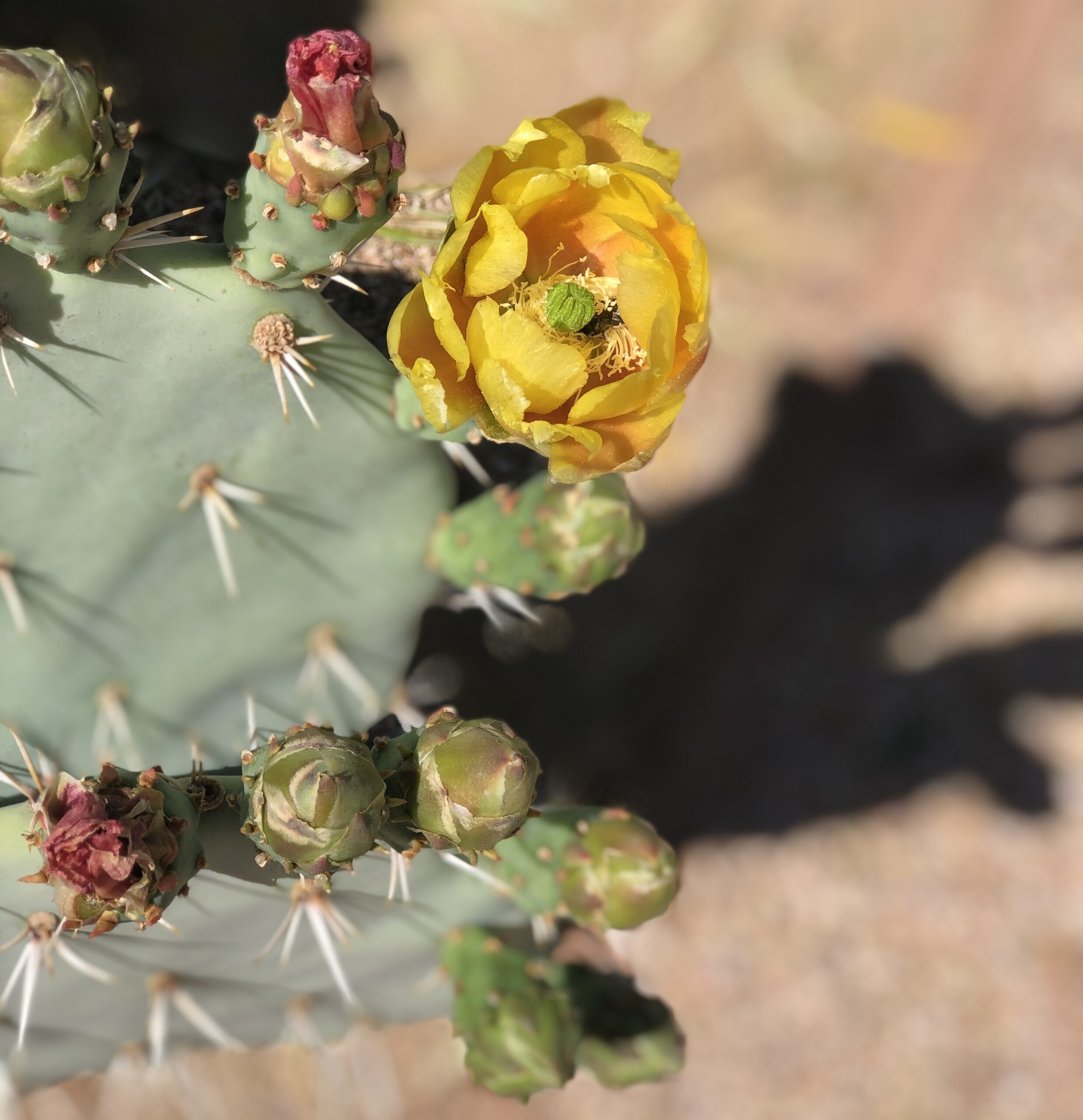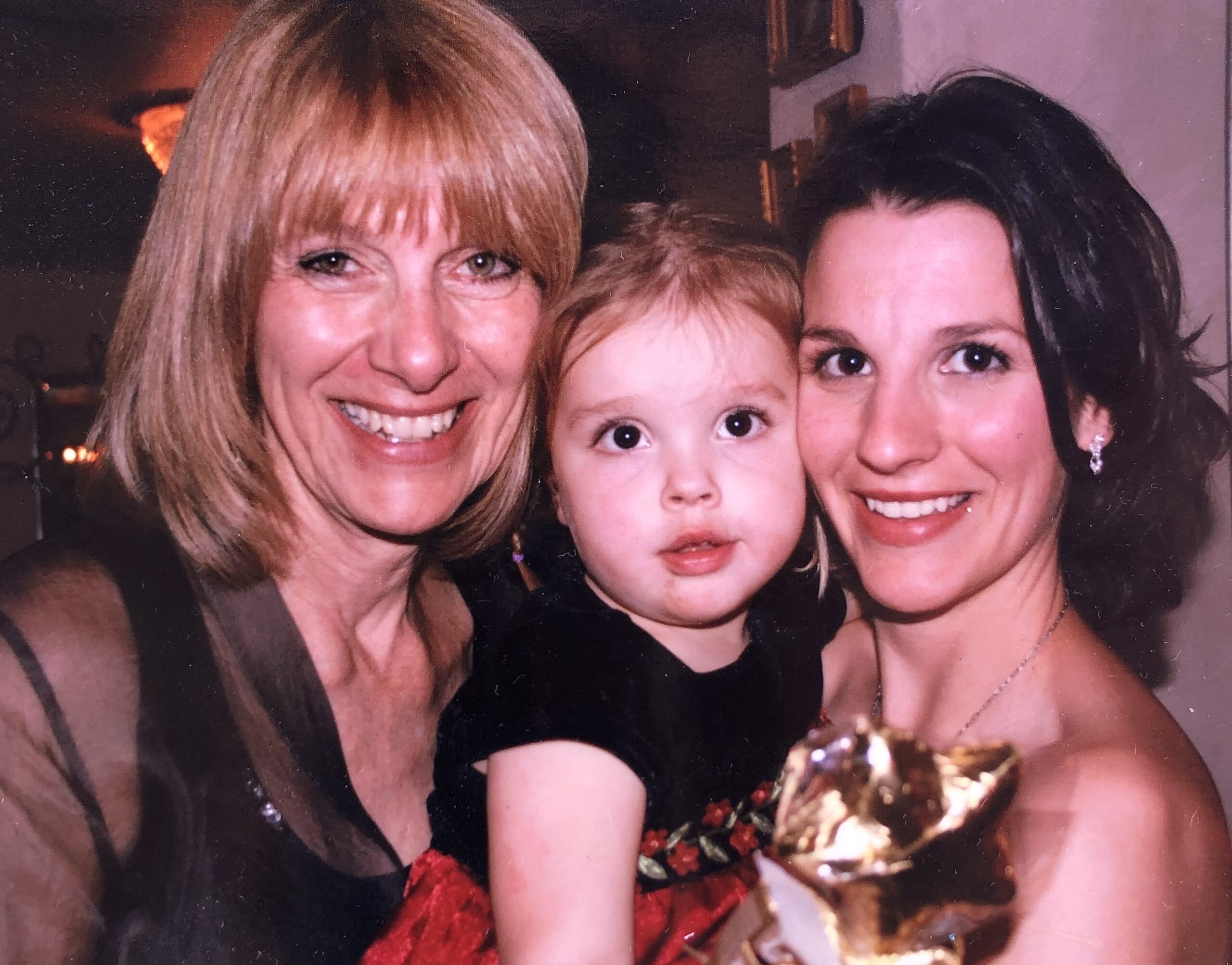The Fight For The Heart of Human Goodness Is Upon Us
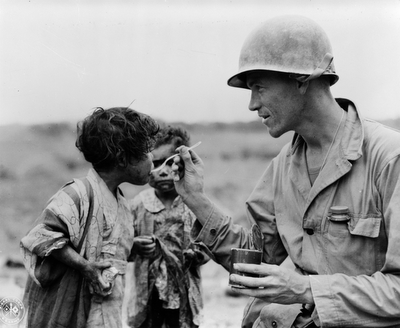
I am a white woman who grew up in a predominantly white neighborhood and community.
As a child, I often visited my grandparents in northeast Ohio and it was there I was first exposed to the reality of racism. It broke my heart to hear my own beloved grandfather use racial slurs.
An emotional empath, I will never forget the first time I heard him use those horrible words. I immediately felt my face burn with shame, the waters of my heart flood with the rage of disappointment. I was disgraced and sick. At probably no more than 6 or 7 years old, I told him to stop it.
But I don’t know how it feels to be discriminated against or harmed or targeted for being Black in America.
I will never pretend to. I have benefited from the privileges of being white and middle class in America.
Having lived abroad in an Asian country, I have felt the burn of racial prejudice. I have been mocked for my appearance, for my skin color, for my behavior. I have been asked to leave, I have been targeted and stalked, I have experienced derision because of who I was.
And, of course, I have experienced being targeted, denied and discriminated against because I am a woman.
I am sick of the ugly side of humanity ruling the day.
I am sick of systems that consistently and disproportionately arrest, kill, harm and imprison people of color.
I am sick that as a country, after more than 400 years, we have not yet rightly addressed this, that we have not mindfully owned the truth of how we behave and evolved through this to a new reality.
I am sick about “The Birth of Nations” and how it helped to revive the serpent of bigotry and fan the flames of white supremacy. I am sick about the treatment of Black state representatives in our government in the Reconstruction Era. (Not sure what I am referring to here? Please listen to Mo Rocca’s excellent podcast Mobituaries, the episode entitled, “The Black Congressmen of Reconstruction: Death of Representation.”)
And I am sick that at every flection point along the way, we’ve failed to stop racial injustice, murder and abuse.
The point: this goes back a very long way. Longer than what I have mentioned here. And we keep failing at it. And in the process, we put more Black men and women on the line and in the victims’ column, even as they continually rise and fight against their oppression.
It’s reprehensible. And it’s on all of us.
Yes, Black Lives Matter.
We have to say that, out loud, for all to hear, because in all reality, too many factions of our culture have treated them as if they did not matter, would not amount to anything and were criminal.
Underneath all of those biases is one serpent: the writhing, insecure slithering beast that is fear.
People with power often fear losing power. To maintain power, they think they must hold on to fear. They believe they must hold on to some narrative that gives them the right to hold others down. Narratives ripe with words like “us” and “them” and “my people” and “those people.”
They need to hold on to an idea that power is going to be wrested away from them if…people of color are empowered or if women are empowered.
It’s all a smokescreen for power and fear.
Really, at its heart, power and fear are smokescreens for something else: our persistent illusion of power and our sick addiction to it.
Anyone who thinks they have power over what happens externally in the world is delusional.
If I practiced one religion faithfully, it would be language.
As an avid reader, I was introduced to the writing of Langston Hughes, Maya Angelou, Toni Morrison, Ralph Ellison as a young person. The way they crafted language to share the Black experience profoundly changed me, inspire me and sensitized me more fully to the Black experience.
And yet, many have never read their books, or those of other Black writers. I comfort myself with this sad reality by knowing there is so much amazing prose waiting for these new readers to uncover.
Being a bibliophile, I always find myself going to the literature. It’s where we can come closest to entering the experience. Anyone who takes the time to do so will be moved.
And we must also take action.
Regardless of our backgrounds and the color of our skin, we are in a fight for the heart of human goodness.
That’s what this is about.
Nothing else.
Always slow to condemn, I am convinced there is a right path here.
The path is to confront the truth, ugly as it is. Make it known, accepted, real. Encourage as many people as possible to open, to soften, to see.
Then, together, we must all implement lasting, broad, honest, coalition change to our policing recruitment, screening and training policies. We must reallocate resources, innovate to reflect the value of human life, and support communities and community groups that for far too long and far too heavily have been depended upon to pick up the slack when it comes to serving people the way our government should.
We must also deal with our incarceration crisis in America, which imprisons Black men at far higher rates.
We must also look to early childhood education, social structures, safety nets and our very broken educational and health care systems.
It’s all connected.
We must all begin where we are.
The other night, I began researching the philosophy of our local police force. I want to know more. I know precious little about their approaches and strategies and I want to learn.
In addition, we must get engaged with politics in a non-divisive way.
That means not just picking a party or a candidate or digging our heels in on federal races with partisan fervor, but looking to municipal, county and state elections and seeing who your representatives are. Talking to them, researching them, understanding who would be a good reflection of your beliefs and values — and then voting accordingly, and staying engaged in how they are representing you.
As I learned as a young reporter over 20 years ago, people are most impacted by their local government and elections and yet that is often where participation is the worst. For years I sat through planning commission, review boards, city council, school board and subcommittee meetings and saw paltry participation. I was comforted by the fact that my reporting would help inspire more awareness and participation.
We need to return to civic engagement locally to grow as a country.
The last piece of action I meditate on most frequently is really the first.
We must dig into our hearts to understand and articulate what we are really about.
Whether we are pinned down by fear or guilt or discomfort at this moment, what is the deeper river running through us? What must your children know you believe in? What is the lasting soulful sound of your heart? What is your humanity going to all be about, when you are laid to rest?
Then do more.
It’s not actually enough just to dig into your heart and then not name what that is. It is not enough to think it once and awhile, but never it say it out loud. It just not enough to write it in a journal once and then never look at it again.
Talk about your beliefs with vulnerability, with openness, to the people you love, to those who you have influence over.
It will be hard and uncomfortable at first. But it matters more than any other advice you could ever give them.
Finally, consider how to start living from that place today.
This is a fight for the heart of human goodness. Are you in?

